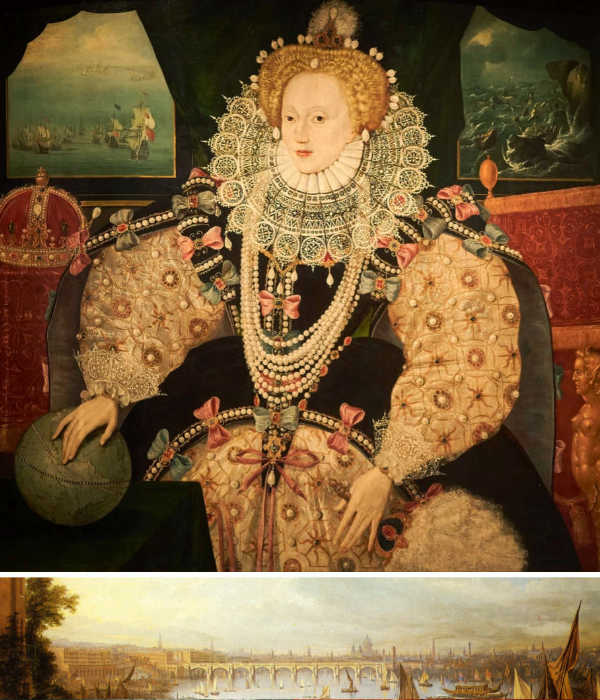In the beginning…
1066 and none of that

When God wills, may the end be good.
Anglo-Saxon Chronicle, version D (Worcester Manuscript) entry for 1066
In many ways, English history starts at 1066. What went before is consigned to a dark place; our most recent period of prehistory.
This comes with just a little irony. At nearly a thousand years distant it is the last successful conquest of England. One so complete that Macauley in the nineteenth century wrote that to all intents and purposes for the next three hundred years there was no English history. That may be something of an exaggeration, but the replacement of England’s ruling class and the evolution of its institutions towards Continental expectations is a fault line like nothing else, even the departure of Rome’s legions at the turn of the fifth century.
Yet that has become the way it is. Monarchs are counted from William the Bastard, elevated to King William I. Edward the Confessor, last of the Anglo-Saxons, may have been a byword for the good old days for centuries but Edward I was clear when asked which Edward he was in English history. ‘The first since the Conquest.’ That was all that mattered.
Domesday Book played a big part in this. After the Conquest William rewarded his followers with land from the dead of Harold’s battles and the English who remained as resistance and rebellions failed and time took its toll on the rest. Domesday faithfully records who held each piece of land on the day King Edward the Confessor was ‘alive and dead’ at the start of 1066 and those who, one way and another, held the land in 1086. Only two Anglo-Saxon names remain for holdings of any note. Earlier claims, grants and writs were replaced by William. In the eyes of the law it was year zero.
The country changed its perspective. More that two centuries facing the Danish threat across the North Sea was replaced with the Danes’ Norman descendants and their own entanglements with the king of France, dukes of Brittany and Anjou and counts of Flanders and Blois. At home the Conquest also added a new dimension. Norman occupiers tore up whole parts of towns to plant castles on the landscape. Norman French and Latin became the languages of advancement. Most of all, the English were left with no doubt that a Norman life was worth more than their’s as the murdrum fine made clear. For a society rooted in the cash price of a man and each of his fingers and toes, the message was emphatic.
If the writing was not clearly on the wall that late October morning as the day after Hastings dawned, it would not be long in coming.

